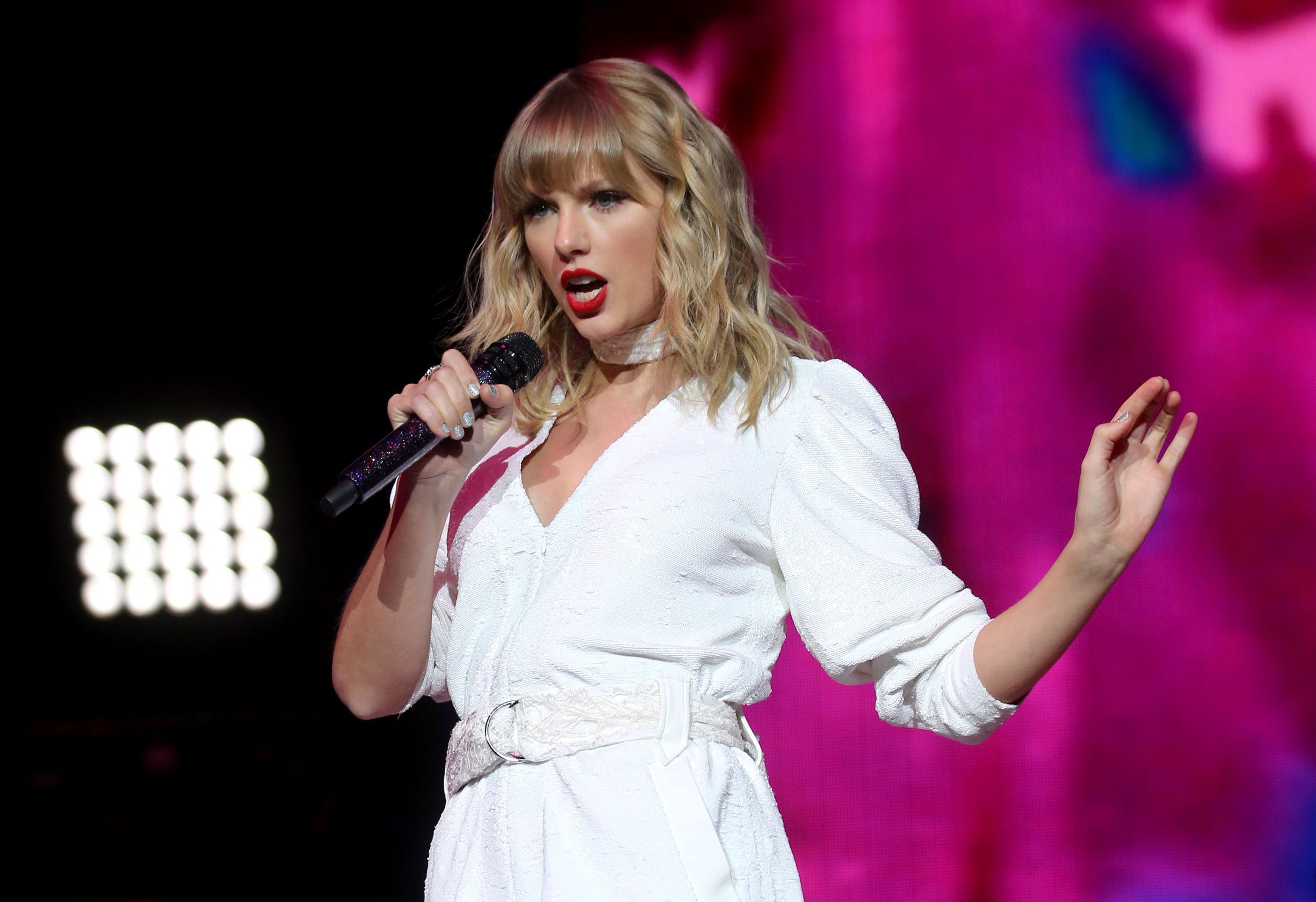Fearless and Fearless (Taylor’s Version). Two albums by Taylor Swift, the first released in 2008, and the second this year. Fearless (Taylor’s Version) is a re-recording of Fearless, and the only differences are the new ‘From The Vault’ songs, and the decade Taylor’s singing voice has had to mature. So, why has Taylor re-recorded her album Fearless? And why does Taylor feel the need to clarify that her newest album is her own version?
The answers to these questions begin in 2004, when Taylor signed a record deal with the label Big Machine Records, at the age of only 15. Part of this contract, as is often the case in the music industry, meant that Taylor didn’t own her masters, these being the original recordings of songs.
When her contract ended with Big Machine Records in 2018, Taylor made a new record deal with Universal Republic Records, which involved owning her own masters for any future albums. Her first album at Universal, but her seventh overall, Lover, was the first album Taylor owned herself. However, this didn’t change that Big Machine Records still owned the masters to her earlier albums.
In 2019 Big Machine Records was sold to Ithaca Holdings, a private-equity group, including the masters. Here, we meet Scooter Braun, a music manager and the owner of Ithaca Holding, who Taylor has said for years prior to this sale has treated her with “incessant, manipulative bullying” behaviour. Although Scott Borchetta, owner of Big Machine Records, claims differently, Taylor wrote on tumblr in June 2019 that “I learned about Scooter Braun’s purchase of my masters as it was announced to the world.”

Taylor worked to try and buy back her masters but tweeted in November 2020 that “Scooter’s team wanted me to sign an ironclad NDA stating I would never say another word about Scooter Braun unless it was positive, before we could even look at the financial records”. She also wrote that her team had “never seen an NDA like this presented unless it was to silence an assault accuser by paying them off.” In 2020, Braun then sold the masters of Taylor’s songs to Shamrock Holdings, an investment fund, for over $300 million, which Taylor tweeted she also only became aware of after the sale.
Scooter Braun and Scott Borchetta, two men who had no hand in writing the music, have profited from Taylor’s creative work. And this was legal. Those are the facts. Here we start to see a much darker side to the music industry, where artists can be manipulated and taken advantage of, and money is celebrated above everything else.
Taylor tweeted in November 2019, after discovering that Scooter Braun and Scott Borchetta were refusing to allow her to perform any of her earlier music at the American Music Awards, “The message being sent to me is very clear. Basically, be a good little girl and shut up. Or you’ll be punished.”
However, as part of her original contract, Taylor is allowed to re-record her albums, starting November 2020, and this is exactly what she is doing. Fearless (Taylor’s Version) is the first. These re-recordings will be owned completely by Taylor, whilst also reducing the value of the original album recordings she doesn’t own. Listening to Fearless (Taylor’s Version) will not be putting money into Braun’s pocket. Taylor is clearly celebrating her ownership by reminding the world this album is (Taylor’s Version).
In an interview with Zane Lowe for Apple Music, Taylor said ‘You don’t know the music industry until you know it, and because I have learned what I’ve learned I really just want to make things better for other people, and I want that to start at the record deal in the contract. Artists should never have to part with their work.’ With the power behind her name, Taylor Swift has the power to make change and continue the fight for ownership so many artists before her have fought.
Without any context, it is hard to understand the motivation behind Taylor’s plan to re-record, but with context this becomes an act of defiance against men seeking to control and profit from her life’s work. This is a refusal to be silenced which is echoing throughout the music industry. So, whether you like Taylor’s music and will listen to Fearless (Taylor’s Version) or not, there is no disputing that this is an empowering move not only for Taylor and other musicians, but anyone who listens to music.
Cover image: Isabel Infantes / Getty Images

